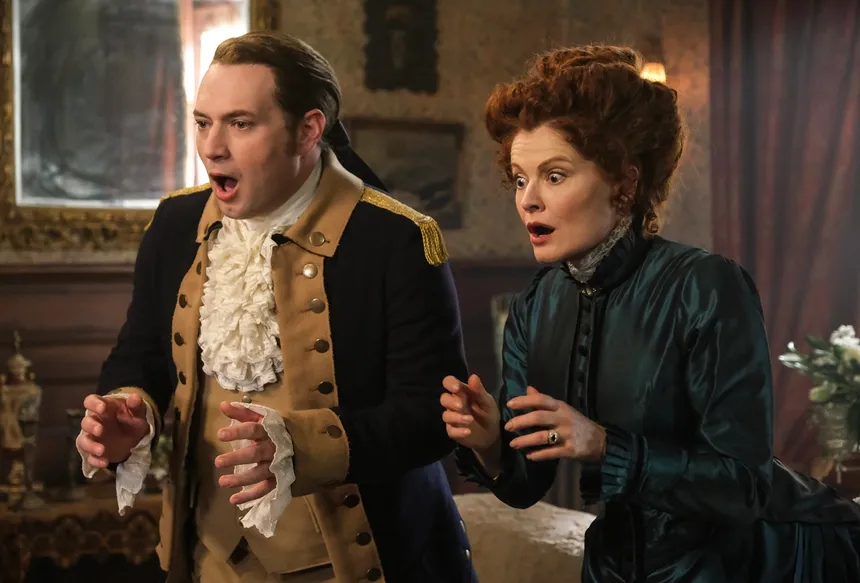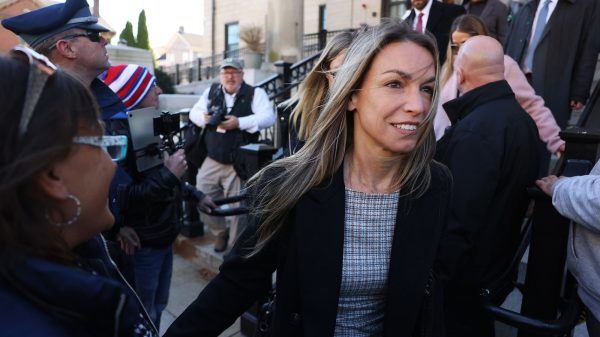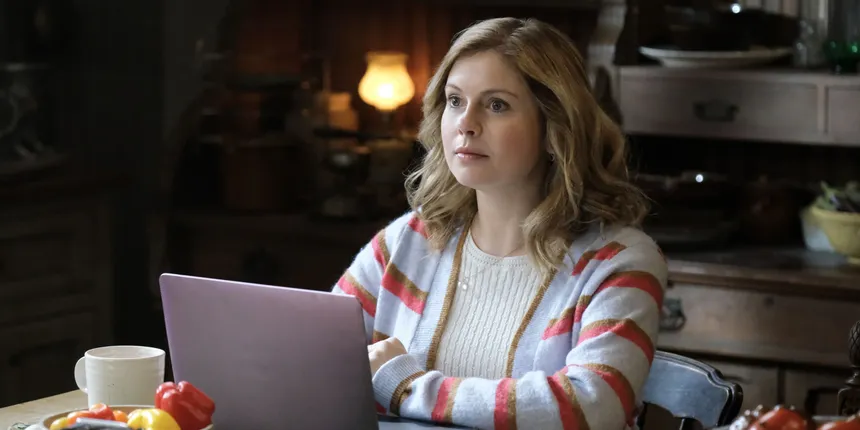The latest episode of Ghosts Season 3 delves into the complexities of mental health with a poignant display of empathy, acknowledging the significance of open conversations and support. Hetty’s struggles to cope with the loss of her husband Elias and the prospect of being convicted and losing everything are masterfully portrayed by Rebecca Wisocky, humanizing the intricacies of mental health and emotional turmoil. Her performance brings a sense of vulnerability and relatability to the character, making it easier for viewers to empathize with her plight. The episode’s focus on Hetty’s death is handled with sensitivity and nuance, highlighting the importance of love, self-acceptance, and support. Hetty’s desperation and despair are palpable, as the show takes the audience on a journey through her final moments of despair. This approach is not to sensationalize or exploit Hetty’s struggles, but rather to humanize her and encourage viewers to recognize the fragilities of themselves and others.

A Still From Ghosts Season 3 (Photo: Ghosts Season 3)
The portrayal of Hetty’s struggles with mental health is particularly noteworthy, as it highlights the devastating impact of loss and trauma on an individual’s emotional well-being. The show’s ability to raise awareness and promote open conversations about mental health is a testament to its potential to bring about positive change. By tackling this heavy subject, Ghosts creates a safe space for viewers to process their own emotions and struggles, encouraging a culture of openness and understanding. The episode’s thoughtful portrayal of Hetty’s death and her struggles with mental health is a testament to the show’s potential to bring about positive change, sparking important conversations and raising awareness about the importance of support and understanding.
The show’s handling of suicide is responsible, sensitive, and forceful, acknowledging the devastating impact it can have on individuals and communities. Ultimately, Ghosts’ portrayal of Hetty’s struggles with mental health encourages viewers to recognize the fragilities of themselves and others, promoting healthier and more open conversations about mental health. The show’s emotive portrayal of mental health issues is a powerful reminder of the importance of supporting those who are struggling, and the devastating impact that mental health problems can have on individuals and communities.
























